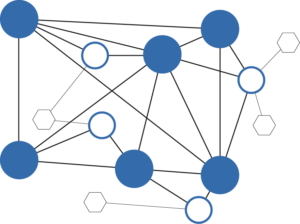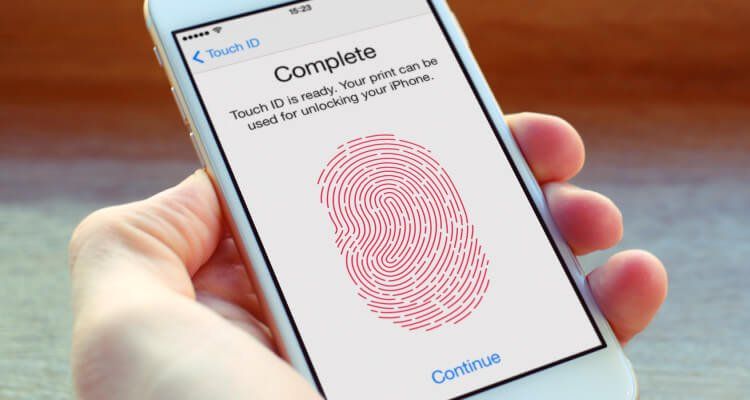The year is 2030. Former president Donald Trump’s border wall, once considered a political inevitability, was never built. Instead, its billions of dollars of funding were poured into something the world had never seen: a strip of shared territory spanning the border between the United States and Mexico. Otra Nation, as the state is called, is a high-tech ecotopia, powered by vast solar farms and connected with a hyperloop transportation system. Biometric checks identify citizens and visitors, and relaxed trade rules have turned Otra Nation into a booming economic hub. Environmental conservation policies have maximized potable water and ameliorated a new Dust Bowl to the north. This is the future envisioned by the Made Collective, a group of architects, urban planners, and others who are proposing what they call a “shared co-nation” as a new kind of state.
Many people have imagined their own alternatives to Trump’s planned border wall, from the plausible — like a bi-national irrigation initiative — to the absurd — like an “inflatoborder” made of plastic bubbles. Made’s members insist that they’re serious about Otra Nation, though, and that they’ve got the skills to make it work. That’s almost certainly not true — but it’s also beside the point. At a time when policy proposals should be taken “seriously but not literally,” and facts are up for grabs, Otra Nation turns the slippery Trump playbook around to offer a counter-fantasy. In the words of collective member Marina Muñoz, “We can really make the complete American continent great again.”





 problem, punishment schemes and heartbeat transactions. Could Alkan’s distributed consensus mechanism be too complex for the public to understand or use?…
problem, punishment schemes and heartbeat transactions. Could Alkan’s distributed consensus mechanism be too complex for the public to understand or use?…

